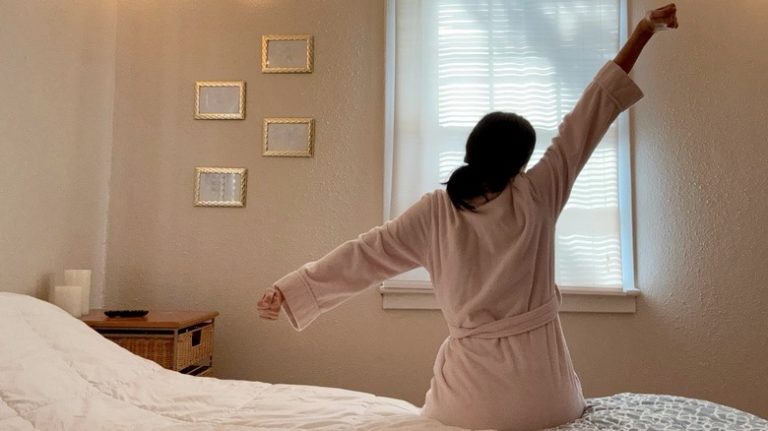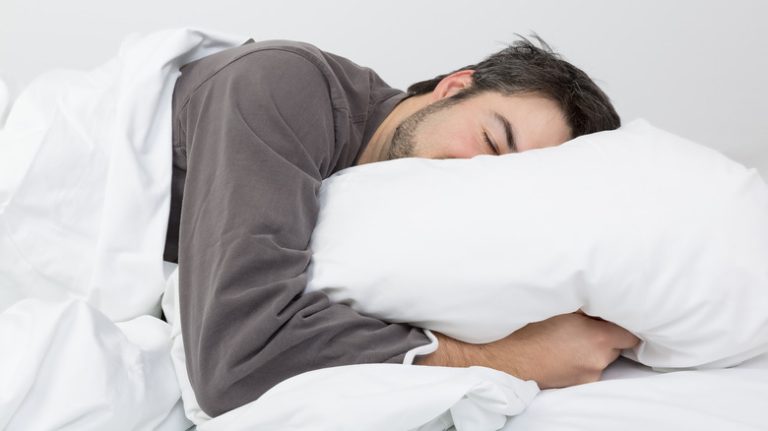We’ve all done it. Something — whether work or play — tempts us to skip out on a couple hours of sleep. We tell ourselves that we can just take a nap the next day or catch up on the weekend. And if we only do this once or twice, we might have a chance of catching up. But what happens if we don’t make up that missing sleep? And is clearing a sleep debt even possible?
Skipping sleep is, put simply, an incredibly bad idea. The National Institute of Health is clear on the link between heart problems and poor sleep. A 2024 study published in Psychoneuroendocrinology highlighted the way sleep problems increased a person’s risk for developing prediabetes and diabetes.
And those are just the long-term problems. Skipping too much sleep can cause sleep deprivation which, according to Johns Hopkins, comes with a ton of nasty side effects all its own. From poor decision making skills and impulse control to an increased risk for accidents — including the life threatening kind — sleep deprivation is not something you’ll want to risk developing.
Of course it takes time for sleep debt to turn into sleep deprivation. Until it does, most people don’t see sleep debt (also known as a sleep deficit) as a problem. After all, they can just make it up on the weekend or with an evening nap. Right?
Can you pay off a sleep debt?

Conventional wisdom holds that taking an afternoon nap or sleeping in the next time you have a chance can correct a sleep debt. Sleep Foundation, however, says that these solutions don’t actually help. At least, not in the way people think. Naps and sleeping in give people a sense of correction without actually reaching the point where they’ve properly cleared a sleep debt.
In order to really “clear” a sleep debt, a person has to get their body back to its baseline. This means restoring the metabolic rhythm they had prior to missing sleep. Another 2024 study, this one published in Current Biology, found that this isn’t possible. When people chronically miss sleep and then sleep in on the weekends to “catch up”, their bodies don’t return to normal. They get closer than they were before they slept in, but their metabolic rhythm is still out of whack. As if that wasn’t bad enough, a 2024 study published in Scientific Reports found that it can take up to four days to return to optimal levels.
Getting enough sleep can be tough. Between insomnia, busy days, and way too much good stuff on TV, late nights are sort of inevitable. But those all-nighters carry a whole lot of risk. You can recover from a few rounds, but if you make a habit of it, you’ll end up with a sleep debt that you can’t shake.




